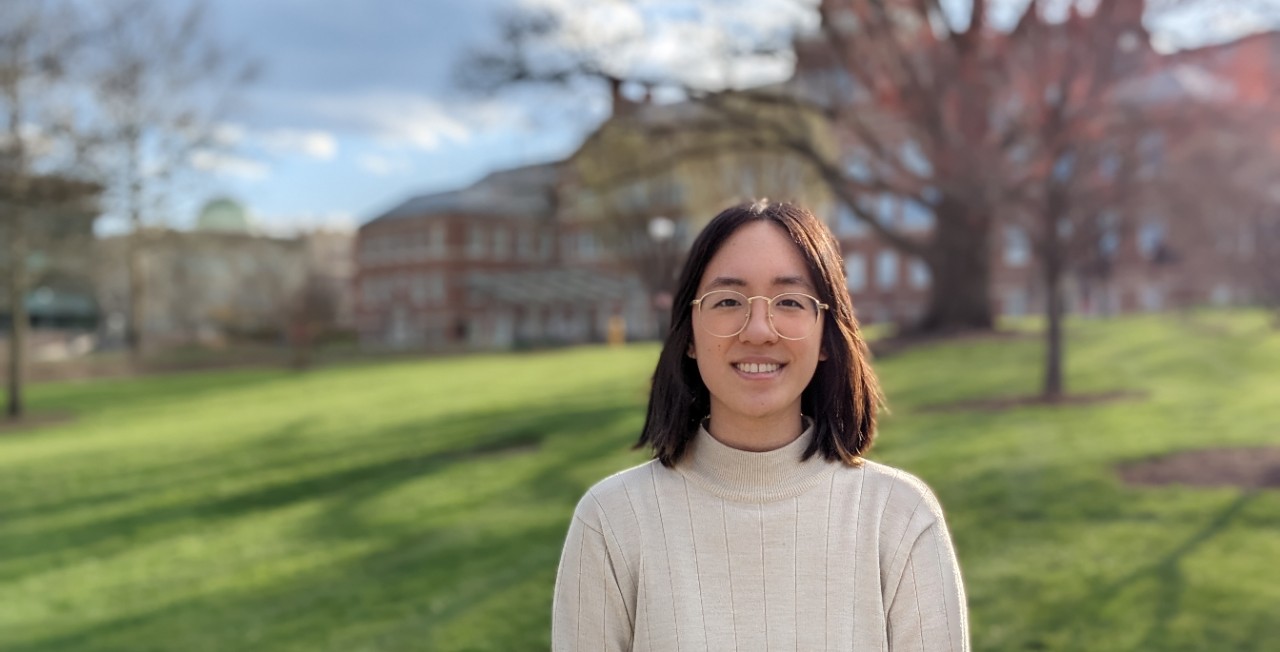
UC study: Program designed by and for refugees and immigrants empowers them to civically engage
Collaborating with refugee and immigrant populations on civic leadership changes their perceptions
Research led by a University of Cincinnati doctoral student shows that immigrants and refugees who participated in a civic leadership program felt more empowered after learning about their rights, civic entitlements and the social, cultural, and political context of Cincinnati.
“The most salient change participants reported in connection to their involvement in the program were changes in consciousness related to power, rights and opportunities which immigrants and refugees are entitled to,” says Christine Shi, a UC doctoral student in psychology and lead author of the study. “Transformative impacts of a civic leadership program created by and for refugees and immigrants.”
This study, which was published in the Journal of Community Psychology on March 18, examined the experience of participating in a civic leadership program designed by and for refugees and immigrants in partnership with a local government representative and academic researchers.
The local program was designed by Civic Action for Refugee Empowerment (CARE) Cincinnati, a project led by a team of 12 members of the refugee community, the director of Cincinnati Compass (the city's immigrant and refugee welcoming initiative) and researchers from UC.

Photo by Kerwin Elias on Unsplash
Study method
The researchers analyzed 30 qualitative interviews conducted with program participants about their experiences and perspective on the program.
“I didn't know that you could speak up and ask for things like street signs and things like that, and now I know these are things you can do,” said one study participant.
Immigrants and refugees, the study says, are severely underrepresented in decision‐making bodies in the United States, and in most immigrant‐receiving nations, immigrants and refugees also face substantial barriers to gaining political voice and power.
Shi says the effects of underrepresentation on marginalized people have long been established as detrimental to psychological health and increased social and political alienation and “interventions which aim to address this underrepresentation must be considered carefully and in collaboration with these communities to avoid further exacerbating social and political marginalization.”
Takeaways
The results of the study showed two main themes. First, when collaborating with the refugee community to design a program — by them and for them — participants experienced changes in their consciousness related to power, rights and the opportunities which immigrants and refugees are entitled to. And second, that participants gained valuable skills, knowledge and connections for accessing civic engagement opportunities and power in Cincinnati.
“This program should not act as an exact ‘blueprint’ for empowered immigrant and refugee civic engagement,” says Shi, “but as an example for collaborative work which gives power to immigrants and refugees to transform the civic engagement to be more inclusive and equitable.”
Featured image at top of Christine Shi/provided
Impact Lives Here
The University of Cincinnati is leading public urban universities into a new era of innovation and impact. Our faculty, staff and students are saving lives, changing outcomes and bending the future in our city's direction. Next Lives Here.
Related Stories
WVXU: UC/Children’s pilot new WIC enrollment method to reach the eligible
July 17, 2023
Researchers from the University of Cincinnati and Cincinnati Children’s Hospital Medical Center have received federal funding to develop user-friendly enrollment tools for Greater Cincinnati residents eligible for WIC, the federal assistance program called the Special Supplemental Nutrition Program for Women, Infants, and Children.
UC, Children’s to make local WIC enrollment easier for the eligible
May 24, 2023
Too many women and children in the Cincinnati region who qualify for federal nutrition benefits are missing out on receiving them — in many cases because of the application process and language barriers. Now a team led by Cincinnati Children’s pediatrician Chidiogo Anyigbo, MD, MPH, and University of Cincinnati pediatric psychologist Cathleen Stough, PhD, has funding to do something about that.
UC study: Program designed by and for refugees and immigrants empowers them to civically engage
March 30, 2023
Research led by a University of Cincinnati doctoral student, Christine Shi, shows that immigrants and refugees who participated in a civic leadership program felt more empowered after learning about their rights, civic entitlements and sociopolitical context.
